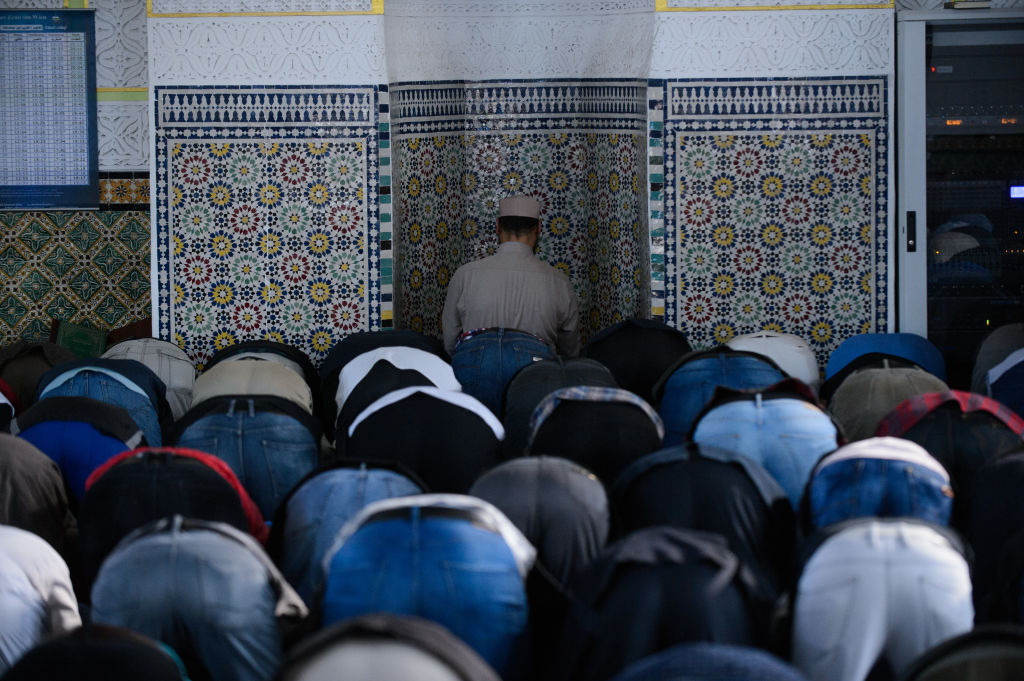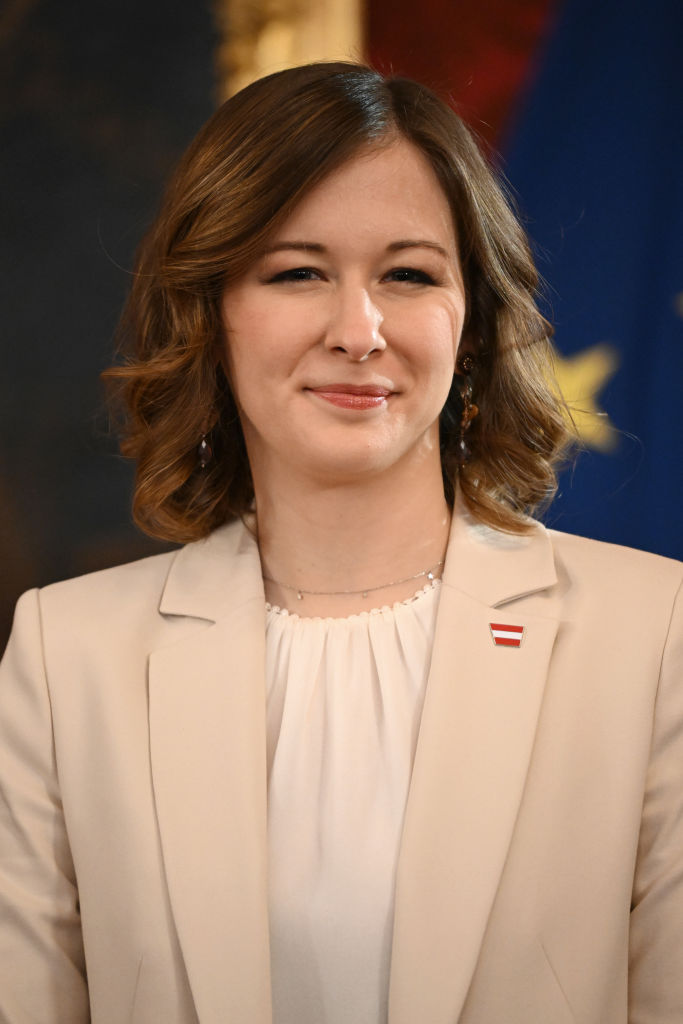Austria plans to ban Muslim headscarves in schools for a second time.
After interior minister Claudia Plakolm (Austrian People’s Party, ÖVP) first announced she was striving for a ban in mid-July, further details have now been published.
According to tabloid Krone on September 3, the decision on a ban could be taken within the council of ministers later in the month. The interior ministry would then draw up a draft law for a subsequent vote in the Austrian parliament.
Girls under the age of 14 would be banned from wearing headscarves in schools under the move. This would also apply to private schools, including Islamic schools, several of which already exist in the country’s capital Vienna.
Teachers will be required to report girls who continued to wear the clothing in school. Repeat violations would be sanctioned with fines of up to €1,000 for an offending girl’s parents.
Plakolm estimated that the measure would affect 9,000 to 12,000 girls in Vienna, the city with the largest Muslim community of Austria by far. Hijabs and other Muslim headgear on young girls are a common sight in Austria’s capital.
New figures from the Austrian Integration Fund published on September 1 showed that almost 30 per cent of youths under 19 in Austria have a migrant background with the number reaching 54 per cent in Vienna.
The ban on headscarves would come with “accompanying measures”, Plakolm said, which are aimed at helping Muslim girls to lead a “self-determined and visible life”.
The main challenge will be to write a law that is not subsequently declared unconstitutional by the country’s influential Federal Constitutional Court (VfGH), she said.
In 2019, the then right-wing coalition government of ÖVP and the Austrian Freedom Party under then-chancellor Sebastian Kurz had already introduced a ban on headscarves. The law was declared void by the Constitutional Court one year later as it infringed on “freedom of religion”.
Constitutional law experts said they doubted that the new government would manage to introduce a ban on headscarves.
“In its ruling from 2020, the Constitutional Court drew very narrow boundaries, and I do not see how these can be overcome”, law professor Heinz Mayer told State broadcaster ORF on September 3.
Another open question was how and whether the law would be enforced. While the old legislation was in force, not a single fine was handed down.





